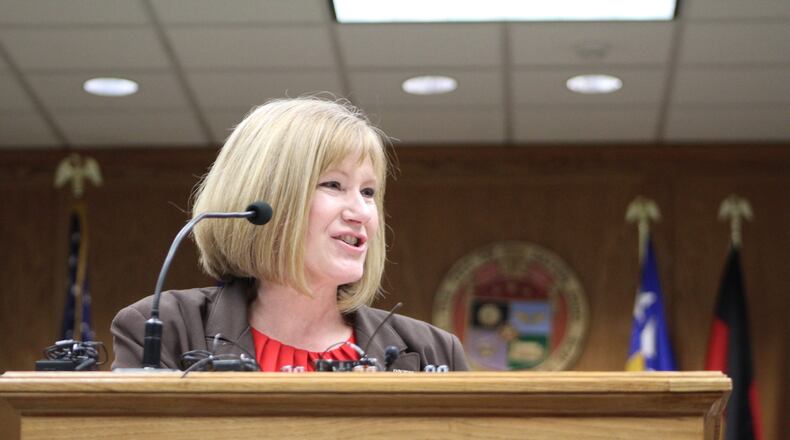City officials characterize centralizing tax collections as an “attack” on home rule that would hamper the city from correcting and auditing business return filings and making assessments.
“The city income tax administration staff carefully reviews, audits and evaluates each of the 9,800 business tax returns as they are processed,” Tammi Clements, Dayton’s deputy city manger, testified at a Tuesday hearing before the Ohio House of Representative’s House Ways and Means Committee.
Ohio Tax Commissioner Joseph Testa recently testified that net profit filings are the “biggest, most burdensome tax” that lacked uniform administration across the state, according to the Ohio Municipal League.
Testa said centralized collections would save cities money and would also make them more attractive to outside businesses.
But city leaders said centralized collections would erode local control and threatens to hurt the accuracy of collections.
In 2016, the city had about 9,800 net profit tax returns that brought in $11.5 million. That represented more than 10 percent of the city’s $111 million in income tax revenue.
Dayton officials said it costs the city $51,000 to collect, audit and post that $11.5 million, and those are fixed costs that will not go away if collections are shipped to Columbus.
The state proposes charging 1 percent to process municipal returns, which would cost the city an additional $115,000, officials said.
“We’re also very concerned about customer service,” said Dayton City Manager Shelley Dickstein.
About 70 percent of municipal taxpayers file in cities and villages that are self-collectors, said the Ohio Municipal League. According to the league, the state will not be able to ensure “the level of scrutiny, review and overall accuracy of returns filed through the OBG inherent in self-collection.”
About the Author
